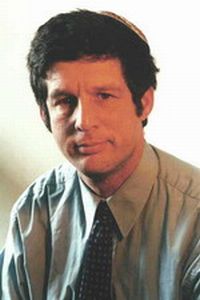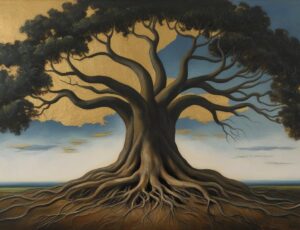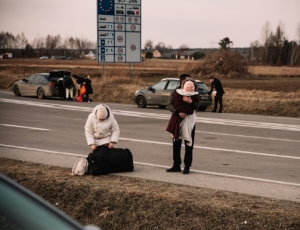About the theme group
Our group’s work was devoted to clarifying the issues involved in using, as an historical source, the writings of Flavius Josephus. This is a controversial issue, as the composition-critical approach to Josephus, which has been enjoying great popularity in recent years, tends to marginalize the importance, as well as to doubt the possibility of, using his works to discover ‘what really happened’. Rather, it urges us to use Josephus’ works as evidence for himself – even, as one very prominent Josephan scholar put it at our colloquium, to the extent of positing the notion that Josephus, as any free author, wrote more or less whatever he wanted on any given occasion, with little need to have his words tally with his own words elsewhere or with what actually happened outside of his works in the real world. But it is of course just as true that real things did happen, and that Josephus is one of the prime surviving witnesses to the first century – which is called by that name because of its formative importance on so many fronts (the century that witnessed the birth of Christianity, the destruction of the Temple of Jerusalem, and the stabilization of the Roman empire). Indeed, even composition criticism requires us to assume some basic events that formed the context and frame of reference for Josephus’ work.
Moreover, much of what Josephus reports, especially concerning the period beginning with the Herodian rule of Judaea, has to do with – at times in great detail – monuments, buildings, cities, and other artifacts, large and small, that have survived since antiquity, without benefit of any text at all. How to navigate between these issues, and data, was what our group addressed. The group’s composition – an archaeologist who focuses on the Herodian period and two historians who are working on the translation and annotation of books 15-20 of Josephus’ Antiquities, that is, the books that deal with period from Herod (37 – 4 BCE) until the destruction of the Second Temple (70 CE), was quite appropriate for such debate. The group held bi-weekly seminars and also organized a Josephus colloquium on June 2-4, 2008 at the NIAS.






